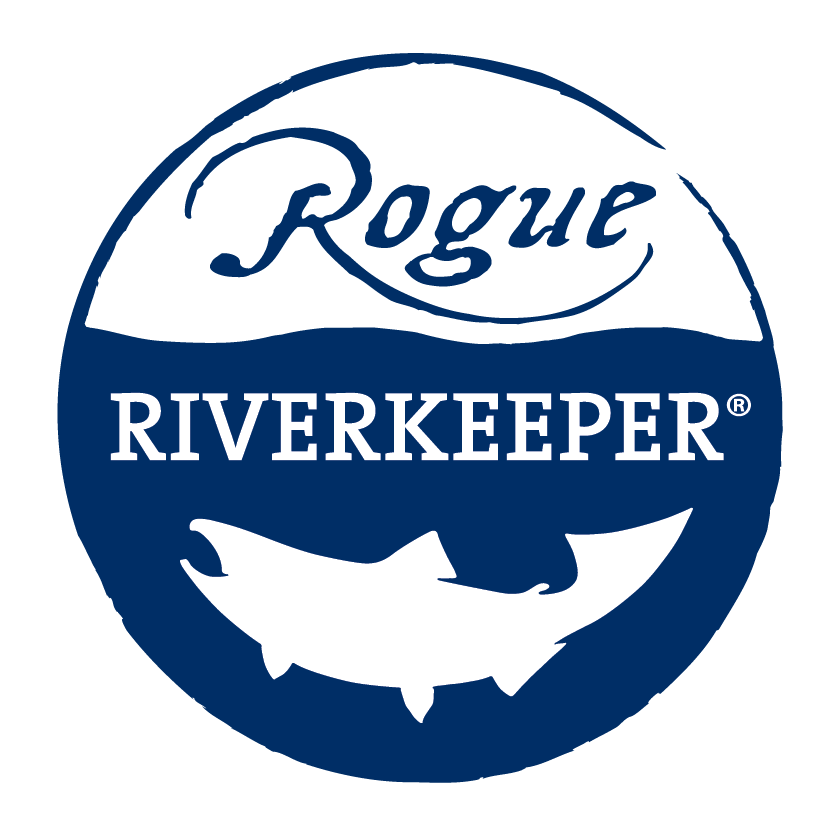Oregon Denies Coastal Zone Permit While Federal Agency Holds Off on Jordan Cove LNG Decision
On February 19, 2020, the Oregon Department of Land Conservation and Development (DLCD) denied the Coastal Zone Management Act permit for the Jordan Cove LNG project! This is one of multiple state permits that the project needs to move forward. Yet again, Jordan Cove LNG has failed to qualify for a critical state permit.
Less than 24 hours later, the Federal Energy Regulatory Commission (FERC) voted 2-1 against Jordan Cove LNG. Critically, however, the Commission clearly stated that this is not a denial of the project, but rather reflects the need for more time to review the state of Oregon’s permit denial the night before.
What does Oregon DLCD’s denial mean for Jordan Cove LNG?
The Oregon DLCD denial of the Coastal Zone Management Act certification for the project is the latest demonstration that this project fails to meet the standards established under state and federal laws to protect the environment and public health. In Oregon DLCD’s denial, the agency specifically states that “coastal adverse effects from the project will be significant.” Further, Oregon DLCD states that “the project will negatively impact Oregon’s coastal scenic and aesthetic resources, a variety of endangered and threatened species, critical habitat and ecosystem services, fisheries resources, commercial and recreational fishing and boating, and commercial-shipping and transportation, among other sectors critical to the state.”
What does FERC’s delay mean for Jordan Cove LNG?
FERC’s delay doesn’t change the fact that the project can’t move forward without critical state permits, which the project continues to fail to quality for:
On May 6, 2019, the Oregon Department of Environmental Quality denied a critical Clean Water Act permit that the project needs to move forward.
In January 2020, the Oregon Department of State Lands denied Pembina’s request to extend the review period for the removal-fill permit. A few days later, Pembina withdrew its application in anticipation of a likely denial from the DSL.
On February 19, 2020, the Oregon Department of Land Conservation and Development denied certification for the project under the Coastal Zone Management Act (CZMA).
While today’s vote is not a clear cut “NO” on Jordan Cove LNG from FERC, it does highlight the ongoing lack of information provided by the company about its potential impacts to air, water, and our communities. In 2016, FERC denied Jordan Cove LNG because the project was not in the public interest and because the company failed to provide the necessary information.
What is FERC and what are they reviewing?
The Federal Energy Regulatory Commission (FERC) is the federal agency responsible for reviewing and approving large natural gas pipelines, such as the Jordan Cove LNG project. Under section 7 of the Natural Gas Act, FERC reviews applications to operate and construct interstate natural gas pipelines. FERC is also the lead federal agency that coordinates the environmental review of the project, as required under the National Environmental Policy Act (NEPA).
What’s happened so far in FERC’s review process?
Back in June 2017, FERC initiated the scoping period for the project with a series of hearings in Coos Bay, Douglas County, and Klamath Falls. In September 2017, Pembina submitted their final application to FERC. Over the next two years, Pembina submitted multiple local, state, and federal permit applications for the project. In March 2019, FERC released the Draft Environmental Impact Statement (DEIS). Between March and July, thousands of comments were submitted to FERC on the DEIS. In June 2019, FERC held a series of public hearings on the DEIS in Coos, Douglas, Jackson, and Klamath Counties. In November 2019, FERC released the Final Environmental Impact Statement (FEIS) for the Jordan Cove LNG project.
The FEIS for the Jordan Cove LNG project retained many of the deficiencies in its analysis identified by Oregon state agencies. The FEIS repeatedly notes that many elements of the proposed projects have yet to be developed or specified, such as plans to mitigate impacts on non-federal lands. Despite this, however, the FEIS asserts that the project’s impacts will be mitigated. The FEIS is effectively the final step in FERC’s review before it releases the Record of Decision (ROD).
Wait, didn’t FERC already deny certification for Jordan Cove LNG?
Yes, and they did it twice!
Back in 2016, FERC denied certification for the Jordan Cove LNG project because the impact to landowners outweighed any potential economic benefit. That year, FERC again denied Veresen’s (the corporation behind the project proposal at the time) request for a rehearing.
In January 2017, the Canadian corporation behind the Jordan Cove LNG project reapplied to FERC and essentially started the process all over again. That year, White House Advisor Gary Cohn announced the Trump Administration’s intention to approve the Jordan Cove Project.
What happens next?
It’s likely that FERC will make a decision on Jordan Cove LNG in the near future. The project could receive a conditional approval, pending the approval of required state and local permits. If Jordan Cove LNG receives a conditional approval from FERC, landowners, conservation organizations, and other groups could petition FERC for a rehearing. Conversely, if certification for the project is denied by FERC, Pembina (the Canadian corporation behind the project) could also petition for a rehearing.
State laws matter. The Jordan Cove LNG project needs approved state permits before it can move forward. Pembina lacks a realistic path to preempt all of these critical state decisions under the Clean Water Act, Clean Air Act, and the Coastal Zone Management Act.
Can you help keep up the pressure on Governor Brown and our state agencies to stand up for our clean water and defend against the Jordan Cove LNG project?


